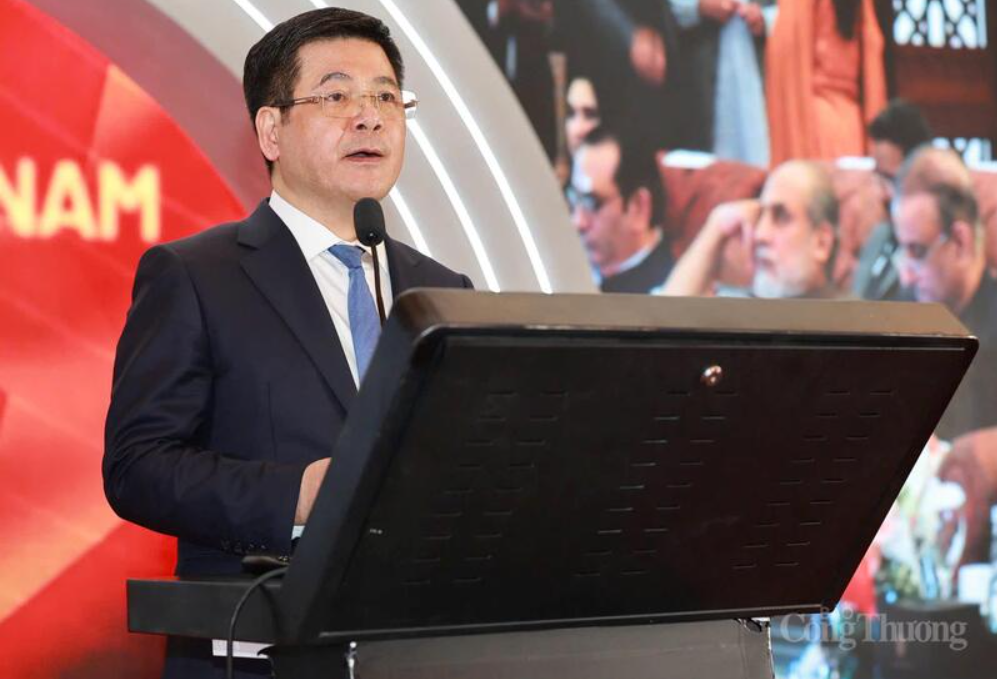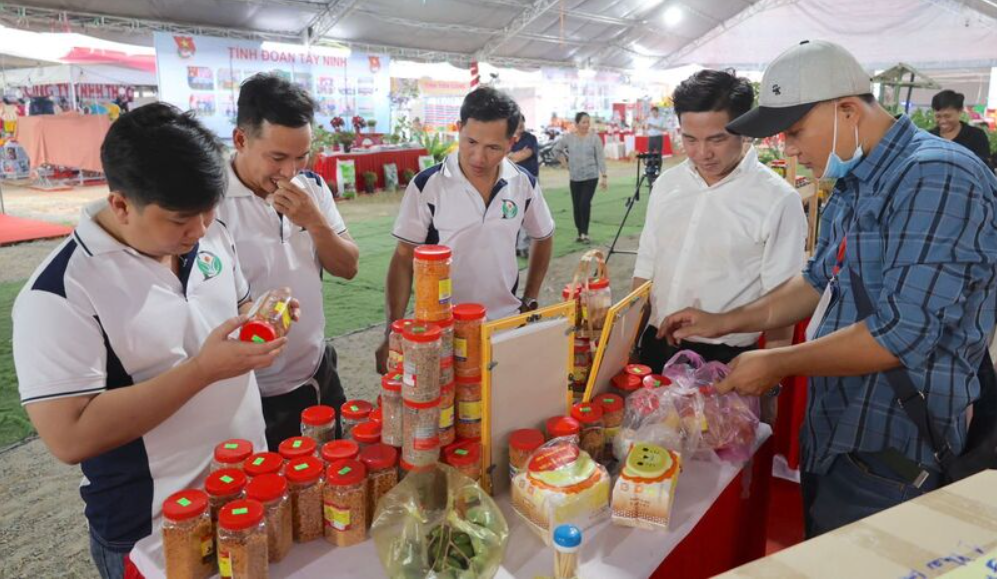
Vietnam highlights LNG power plans at Russian Energy Week 2025
19:05 | 23/03/2025 22:06 | 16/10/2025News and Events
Will the "policy push" be strong enough to lift domestic enterprises?
From September 1, 2025, Government Decree 205/2025/ND-CP amending and supplementing a number of articles of Decree 111/2015/ND-CP dated November 3, 2015 on the development of supporting industries will officially take effect. It is expected to serve as a strategic catalyst for the sector. However, experts stress that seizing the opportunity requires more than policy incentives - it also demands proactive and determined efforts from businesses themselves.

A worker inspects the quality of precision engineering products. Photo: Can Dung
The decree expands the scope of beneficiaries, increases incentives, and simplifies procedures for supporting industry enterprises. Specifically, eligible companies may receive up to 70% of funding for research and development, investment in machinery and equipment, hiring technology transfer consultants, and workforce training. Support will also be provided for testing, intellectual property registration, barcodes, trade promotion, and participation in global supply chains.
Organizations and individuals engaged in research, technology transfer, and innovation in producing items listed in the Priority Catalogue will be entitled to benefits from the National Technology Innovation Fund, the National Science and Technology Development Fund, the National High-Tech Development Program, and related programs. Collaborative R&D and technology transfer projects between enterprises and scientific organizations will be supported with up to 50% of costs for machinery, prototypes, software, training, consulting, patents, and intellectual property.
On human resources, the decree adds provisions for funding domestic and overseas training for outstanding students, lecturers, researchers, technicians, and skilled workers in supporting industry manufacturing. Funding sources include the Supporting Industry Development Program and other training initiatives.
According to the Department of Industry under the Ministry of Industry and Trade, Decree 205/2025 is not just a continuation but a turning point in policy for supporting industries. For the first time, financial aid levels have been broadened and targeted directly at core business needs, from technology investment to market development.
At the local level, cities and provinces such as Ho Chi Minh City, Dong Nai, and Bac Ninh are also rolling out preferential credit programs and establishing dedicated supporting industry clusters to provide the necessary infrastructure for component, parts, and high-tech materials production.
However, for the decree to truly take effect, a critical factor lies in enterprises’ capacity to “absorb” policy benefits - something many experts call an “invisible bottleneck".
“In reality, many small and medium-sized enterprises in supporting industries still struggle to access capital, market information, international technical standards, or even prepare the necessary paperwork to receive support.
These gaps must be bridged through advisory and technology transfer centers as well as closer cooperation between industry associations and state agencies”, a representative of the Department of Industry remarked.
The connection between domestic supporting industry companies and global value chains, particularly foreign direct investment (FDI) corporations, also remains loose. Increasing the localization rate cannot rely solely on incentive policies; it requires a clearer mandatory roadmap from lead firms, along with long-term domestic procurement mechanisms and genuine technology transfer commitments.
In the long run, supporting industries should be regarded not merely as “support” but as a strategic sector with an integrated ecosystem covering training, R&D, product standardization, taxation, credit, and synchronized market policies. Only then can Vietnam move beyond the “shadow” of contract manufacturing and reach the status of a true industrial production nation.
The self-reliance challenge: Enterprises must solve it themselves
Phan Dang Tuat, Chairman of the Vietnam Association for Supporting Industries, noted that many domestic firms remain stuck in capability constraints - lacking technology, capital, technical personnel, and, most critically, a long-term development strategy.
Most local enterprises still play tier-2 or tier-3 supplier roles, handling simple, low value-added tasks that are easily replaceable. Meanwhile, multinational corporations are imposing increasingly stringent requirements on technical standards, quality management, and traceability, widening the gap between current capabilities and the demands of global supply chain integration.
One fundamental bottleneck is the widespread “short-term survival” mindset. Many companies have yet to define core product strategies, plan for equipment and technology upgrades, or prioritize investment in R&D and high-quality technical workforce development. This is a key reason domestic enterprises struggle to climb higher in the value chain, even with state support.
Experts warn that without shifting from a “pure subcontracting” mindset to a “creative, technology-owning” approach, Vietnam’s supporting industries will find it hard to achieve breakthroughs. Alongside government policy leadership, forming business alliances within the same sector is vital to overcoming constraints in scale, capital, and innovation capacity.
To steer the sector in the right direction, experts recommend that enterprises replace outdated production lines, leverage financial assistance from Decree 205/2025/ND-CP and local programs, and invest in advanced machinery and technologies such as industrial robots, CNC machining systems, and CAD/CAM design software.
By 2030, Vietnam aims to raise the localization rate in manufacturing to 45–50 percent. Achieving this goal will require supporting industries to be the driving force. The most important impetus will not come from outside, but from the genuine transformation of domestic enterprises themselves.
The Department of Industry under the Ministry of Industry and Trade has established three technical centers for supporting industry development in the country’s three key economic regions - the North, Central, and South. Their mission is to assist industrial and supporting industry enterprises in innovation, pilot production technology transfer, productivity and quality improvement, value creation, and integration into global supply chains.

19:05 | 23/03/2025 22:06 | 16/10/2025News and Events

19:05 | 23/03/2025 21:01 | 16/10/2025News and Events

19:05 | 23/03/2025 20:59 | 16/10/2025Trade

19:05 | 23/03/2025 20:56 | 16/10/2025Trade

19:05 | 23/03/2025 20:51 | 16/10/2025Trade